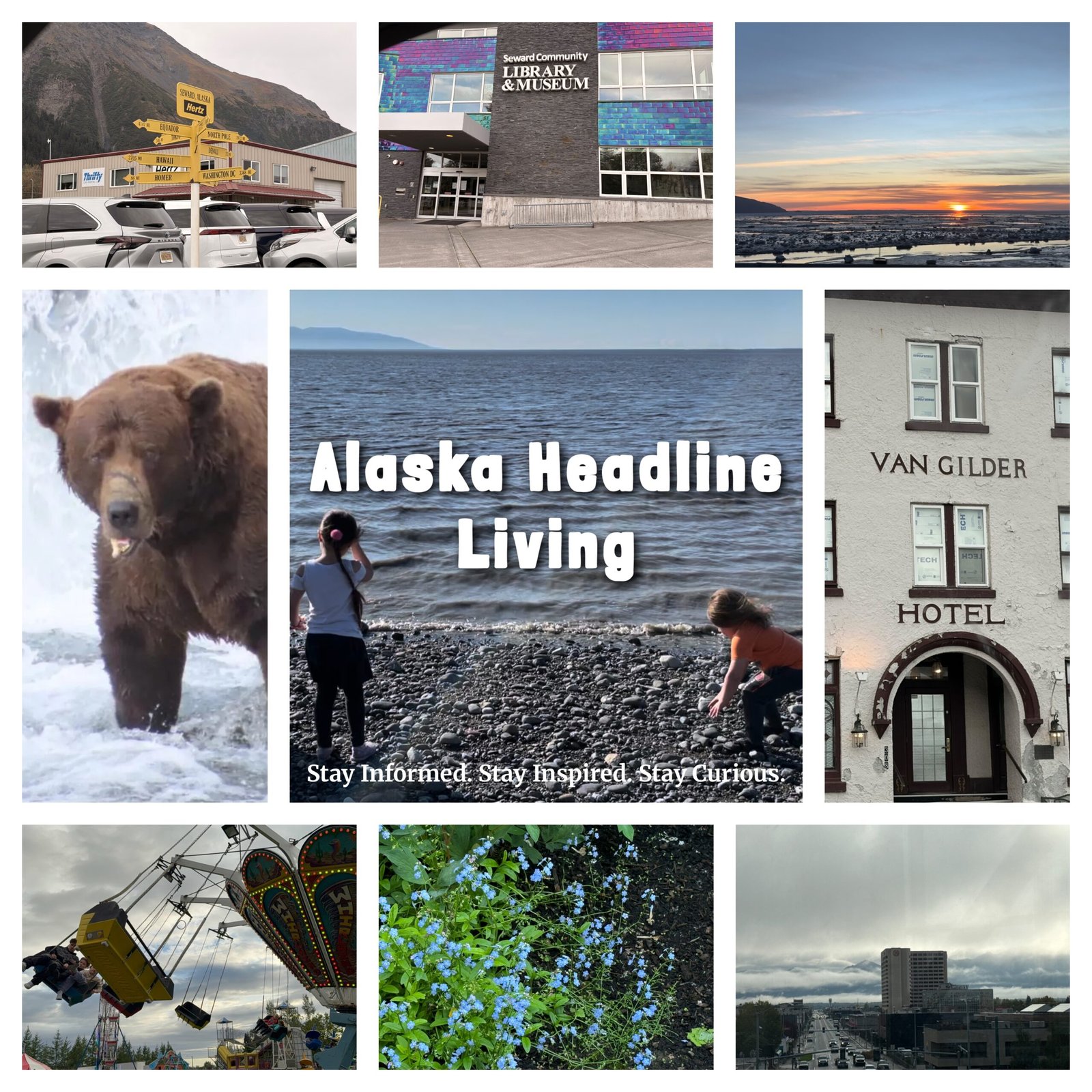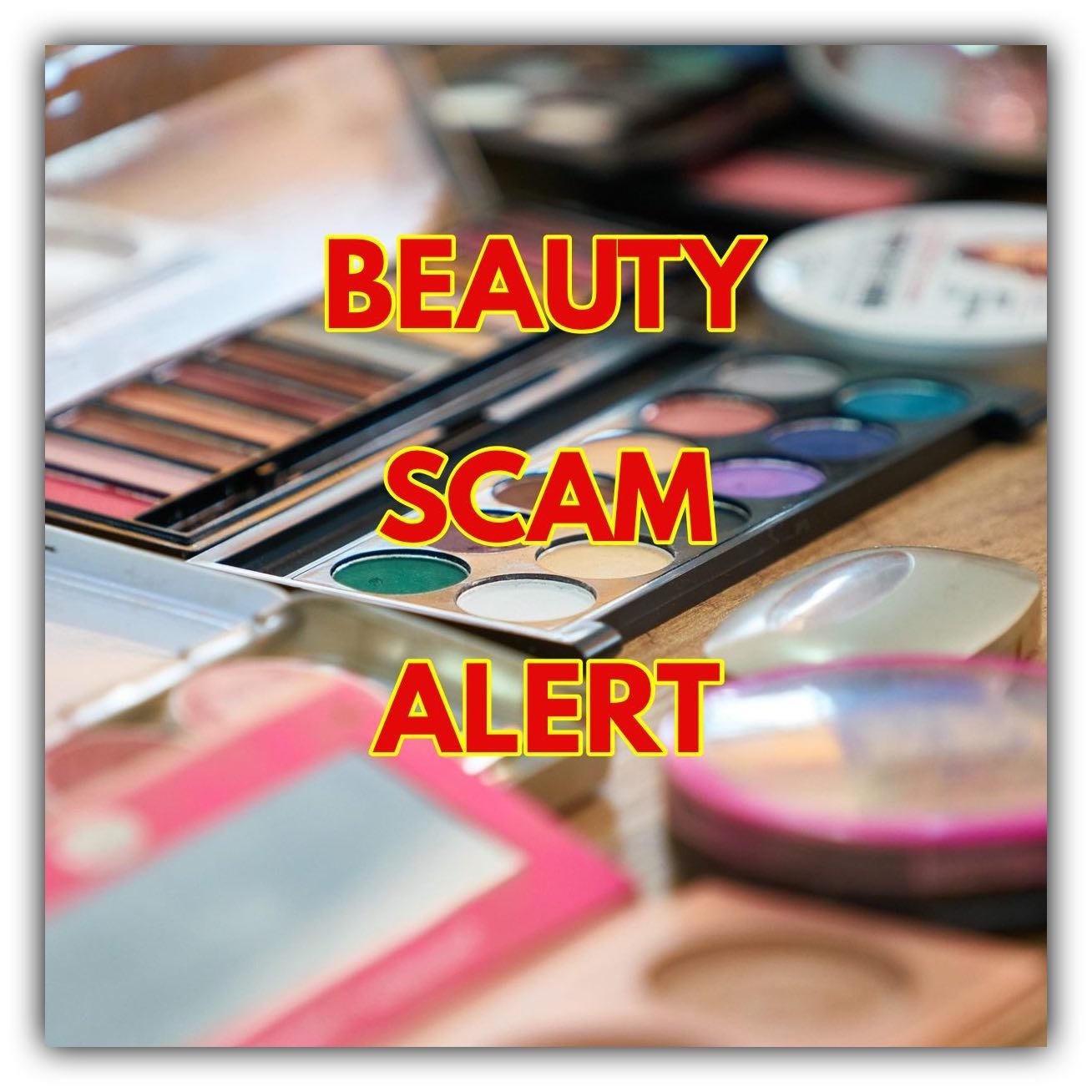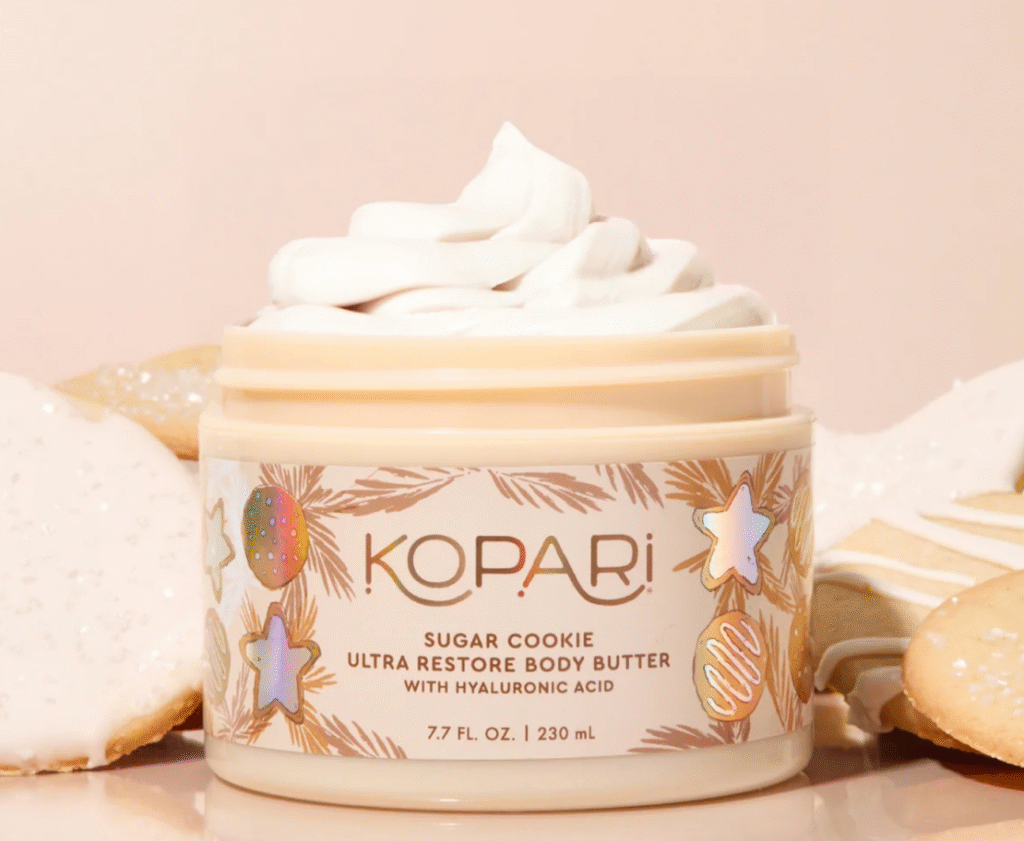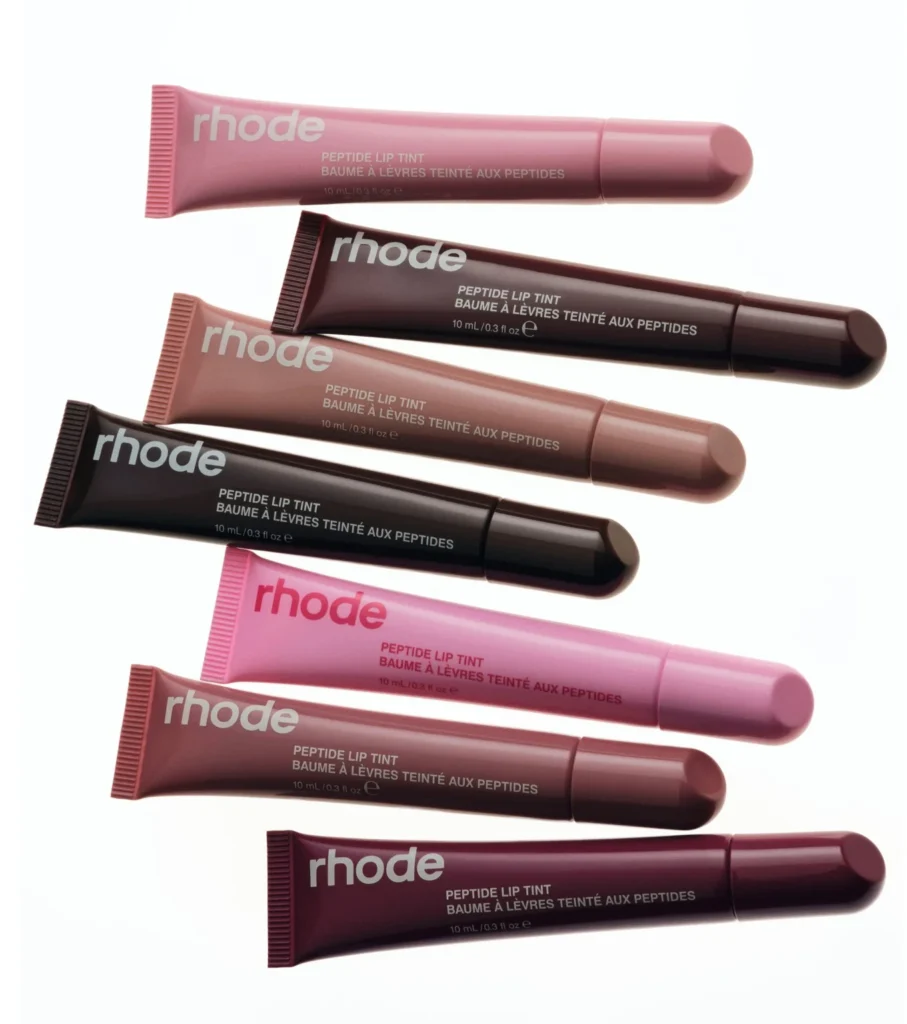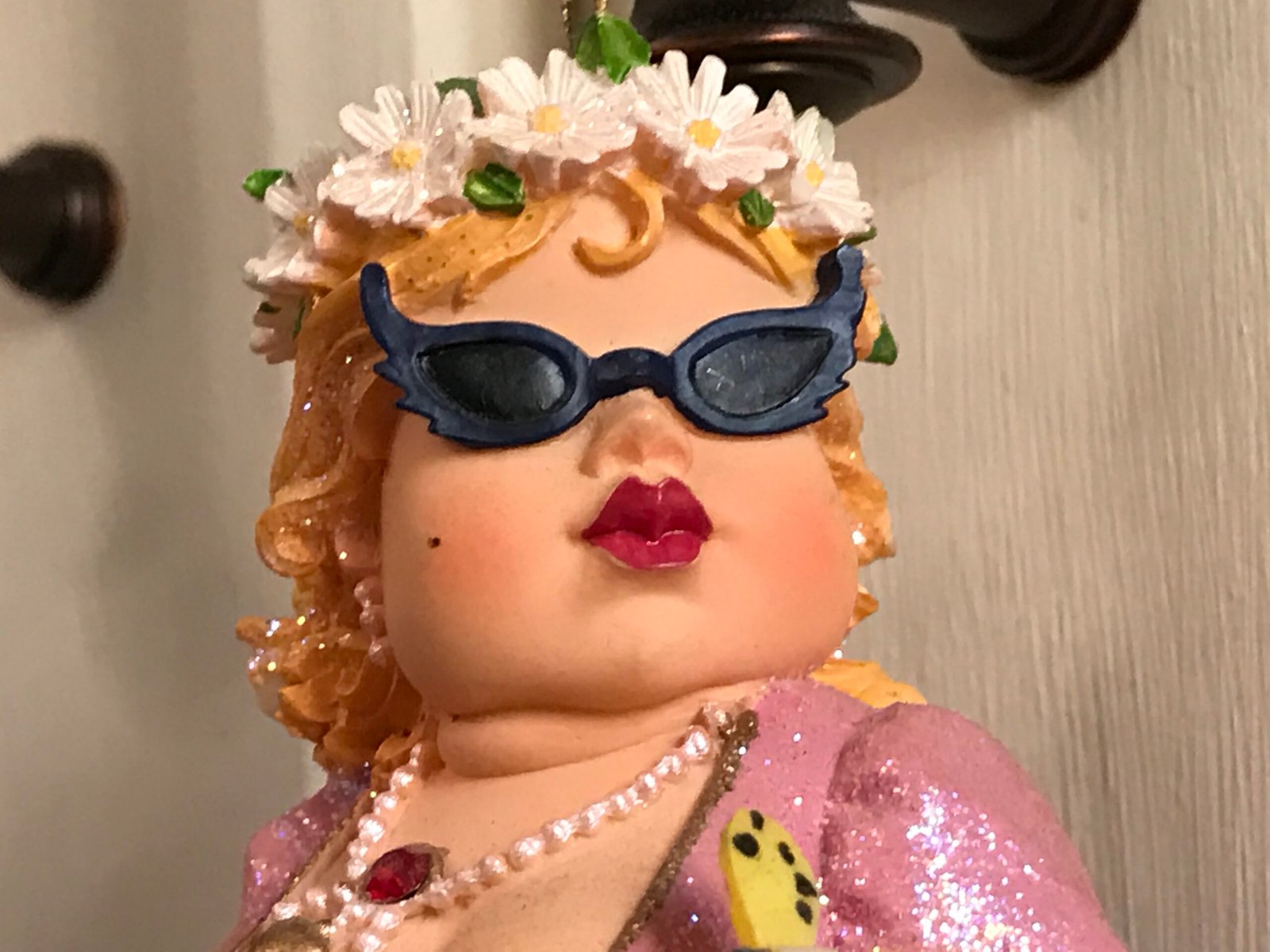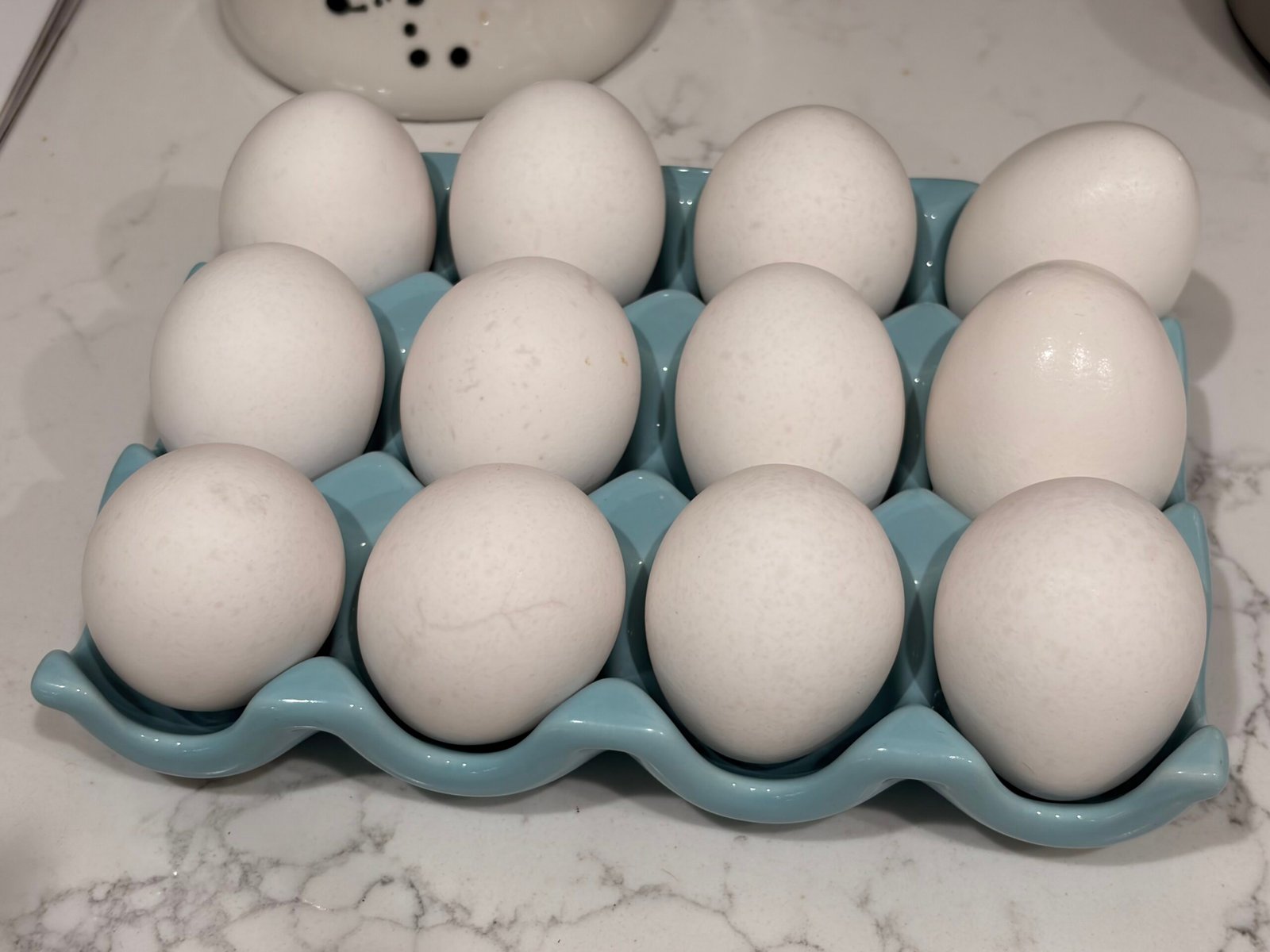By Gina Hill | Alaska Headline Living | October 2025
From counterfeit cosmetics to deepfake celebrity endorsements, scammers are getting bolder and your makeup bag may be at risk. Here’s how to spot the frauds and protect your money, health, and identity.
When Beauty Becomes a Scam
The beauty industry has never been bigger. Or more dangerous.
From TikTok trends to high-end skincare, consumers are spending billions on products promising glow, youth, and perfection. But beneath the shimmer, scammers are exploiting the industry’s allure, tricking shoppers with fake websites, counterfeit products, and AI-generated celebrity endorsements.
Here’s a look at some of 2025’s most alarming beauty scams—and what you can do to stay safe.
1. The Beauty Supply Institute Fraud – Georgia, USA
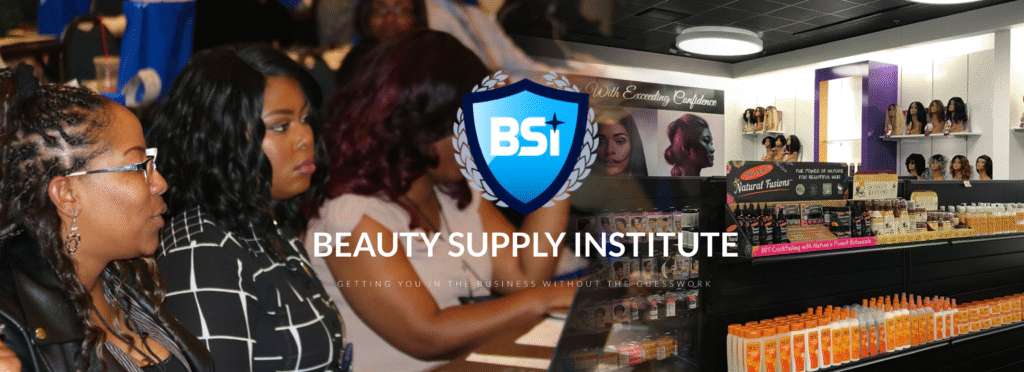
The Georgia Attorney General’s Office has cracked down on the Beauty Supply Institute (BSI), ordering it to cease operations or face a $2.2 million fine.
Investigators found that BSI misled aspiring beauty entrepreneurs, many of them Black women, into paying for business training that promised six-figure careers in beauty supply retail. Instead, students got vague advice, no materials, and broken promises.
The state AG’s office called it a “pattern of deceptive trade practices” and urged consumers to verify any business coaching or “franchise-style” training programs before paying a cent.
2. Fake Paid Partnerships – Kopari Beauty Impersonators
If you’ve been approached online or in email about a “paid partnership” with Kopari Beauty offering thousands after three months, think twice. Scammers are impersonating the clean beauty brand, sending fake partnership contracts and requesting upfront “setup fees” or personal data.
Kopari has warned consumers that the company never asks influencers for payment or banking details through DMs. Always confirm offers through verified brand emails or official ambassador programs listed on company sites.
3. Counterfeit Cosmetics Flooding Online Marketplaces
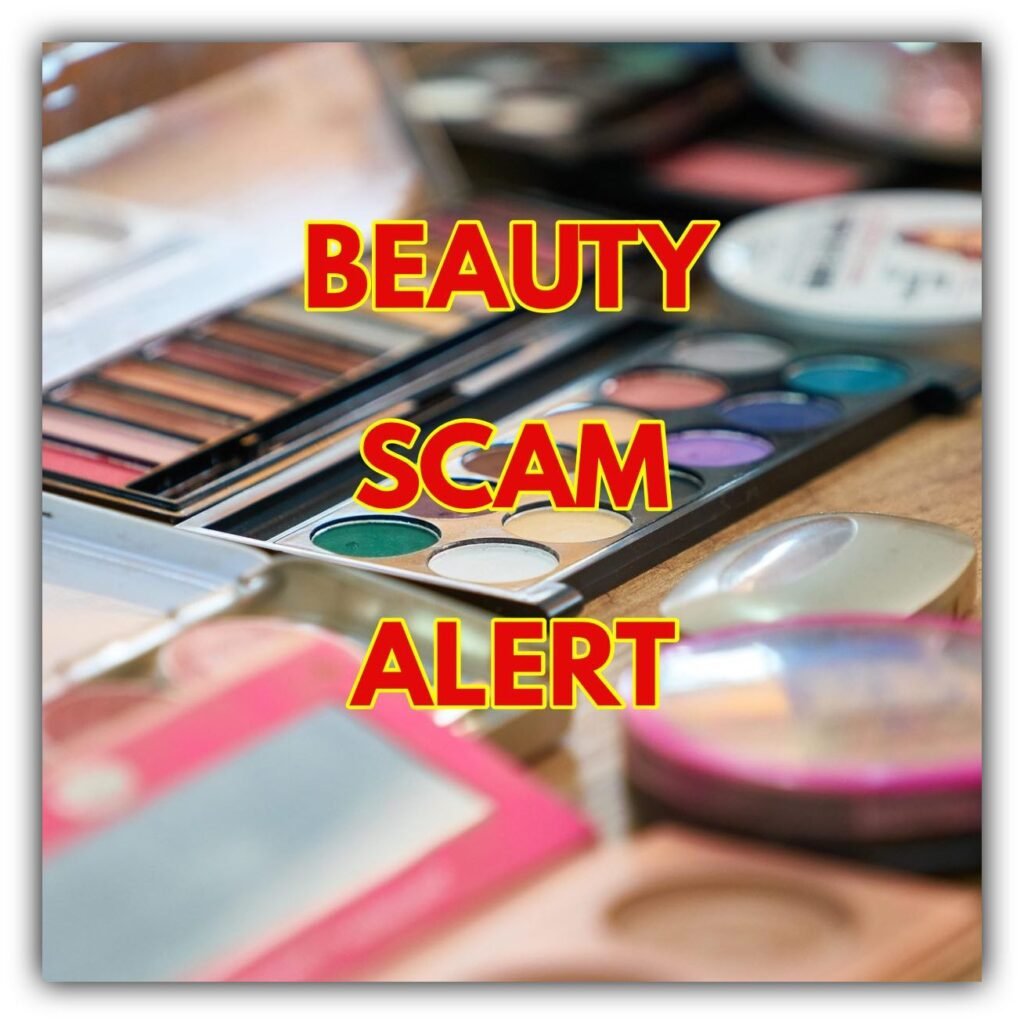
Online shopping has made luxury beauty more accessible … and more counterfeit.
A 2025 consumer investigation found that over 65% of beauty products sold on major marketplaces like Amazon, eBay, TikTok Shop, and Vinted are likely fakes.
These imitations, bearing labels like Charlotte Tilbury, La Roche-Posay, MAC, and The Ordinary, often contain dangerous levels of lead, mercury, and arsenic. Experts warn that counterfeit makeup isn’t just a waste of money. It can cause chemical burns, rashes, and even long-term poisoning.
Stick to authorized retailers and brand websites. A “too good to be true” deal might cost you more than you bargained for.
4. The Fake Rhode Skin Pop-Up – South Africa’s Beauty Trap
Even celebrity brands aren’t safe from impostors. In early 2025, South African shoppers were duped by a fake pop-up store posing as Rhode Skin, the beauty brand founded by Hailey Bieber.
The fraudulent shop appeared inside Johannesburg’s Mall of Africa, complete with sleek displays and staff posing as official Rhode reps. For a brief time, customers eagerly paid top dollar for what they believed were Bieber’s coveted skincare items.
But it was all a façade. Within days, buyers noticed misspelled labels, off textures, and packaging errors, and then the store suddenly disappeared.
Rhode Skin’s official team confirmed it had no connection to any South African retail location or pop-up. The scam’s sophistication shocked consumers, with legal experts calling it a “convincing, high-end deception” that preyed on the brand’s exclusivity.
Consumer protection agencies in South Africa have since urged shoppers to verify brand announcements directly from official websites or verified social accounts and report any unauthorized sellers.
The “Rhode Skin Pop-Up Scam” stands as a wake-up call: even A-list skincare brands can be weaponized in the beauty underworld.
5. AI-Generated Celebrity Endorsements – The Deepfake Epidemic

The newest and most alarming scam in beauty? AI-generated celebrity endorsements.
In one of 2025’s biggest fraud cases, a cybercrime ring used deepfake videos of supermodel Gisele Bündchen to promote fake skincare giveaways and nonexistent beauty products. Victims were coaxed into paying small fees—often under $20—for items that never arrived.
Police in Brazil arrested four suspects and froze assets linked to the operation.
And it’s not just Bündchen—Whoopi Goldberg recently warned fans about AI-generated ads falsely featuring her “promoting miracle weight-loss gummies.”
If a celebrity endorsement looks slightly “off” or promises outrageous results, assume it’s fake until proven real.
🦾How to Protect Yourself
💄 Verify Before You Buy: Only purchase products from official brand sites or authorized retailers.
🕵️ Check the Details: Look for hallmarks of fakes: grammar errors, poor packaging, or unusual payment methods.
💬 Don’t Trust DMs: Brands don’t recruit or request personal info over private messages.
🚨 Report and Share: If you encounter a scam, report it to the brand and consumer authorities. Raising awareness helps others stay safe.
The Bottom Line
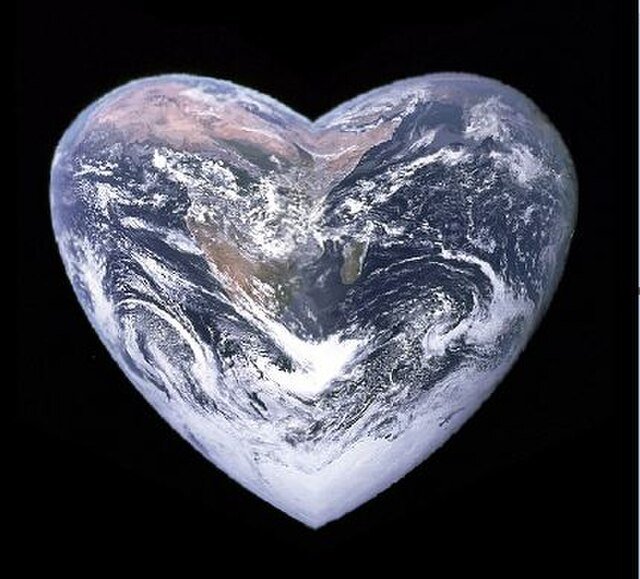
In 2025’s beauty world, the line between glamour and grift is thinner than ever.
Scammers are adapting fast using AI, fake partnerships, and brand impersonation to target smart, stylish consumers. But with awareness and a little skepticism, you can protect both your wallet and your well-being.
Because real beauty? It doesn’t come from a pop-up shop or a DM. It comes from knowing when to walk away from a shiny lie.
